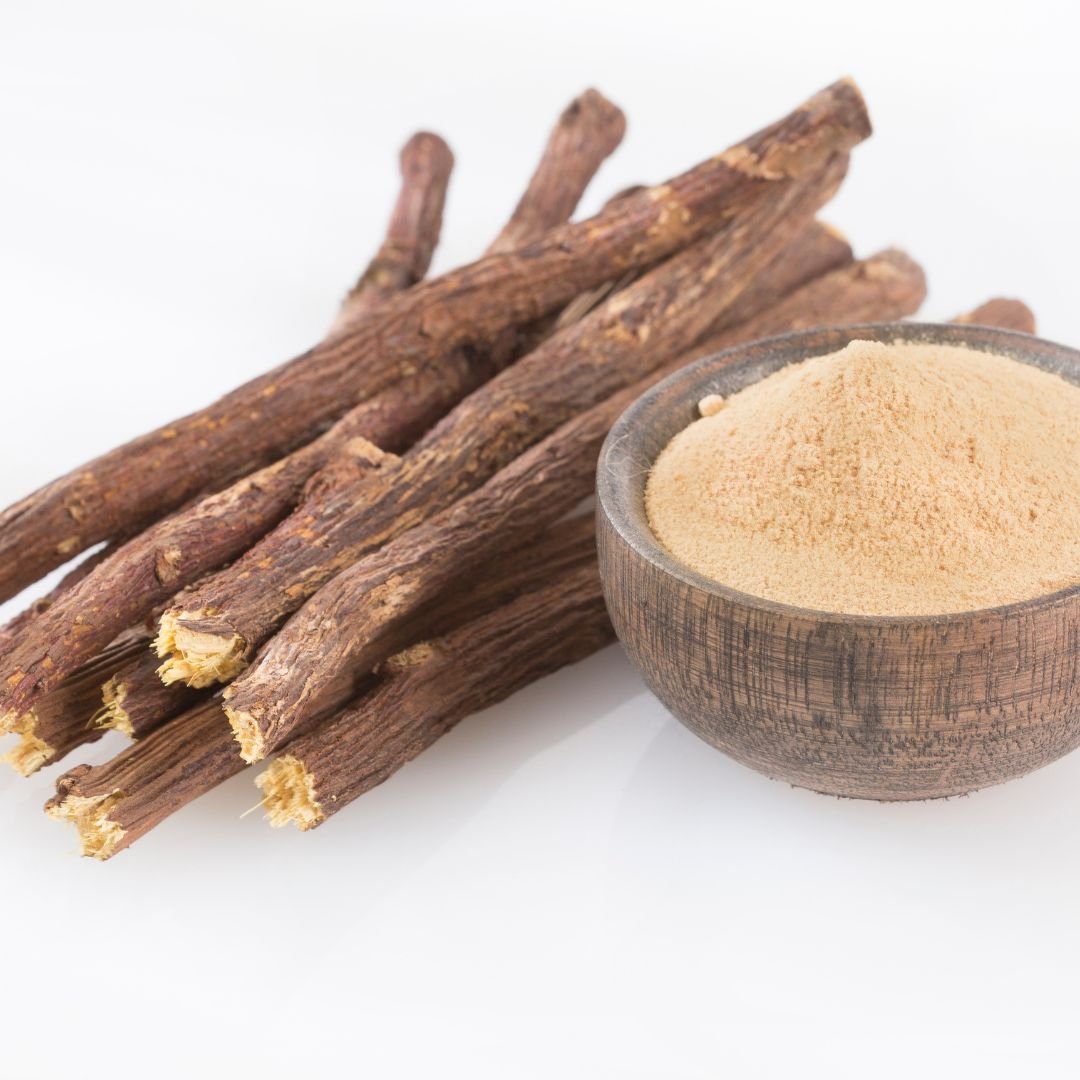Article: 🌿 Fenugreek: The fiber-rich plant for your blood sugar

🌿 Fenugreek: The fiber-rich plant for your blood sugar
🌱 Tried and tested and scientifically proven
Fenugreek (Trigonella foenum-graecum) is one of the oldest known medicinal and culinary herbs. It was used as a wound-healing and tonic herb in ancient Egypt. In Ayurvedic and traditional Persian medicine, it is still considered a herbal remedy for digestive problems, hormonal imbalances, and, above all, for stabilizing blood sugar.
The effect of fenugreek is based on a special interaction of soluble fiber, secondary plant substances and amino acids , which not only regulate glucose metabolism, but can also have anti-inflammatory and hormonal balancing effects.
🔬 How fenugreek supports sugar metabolism
The small yellow seeds of fenugreek contain a variety of bioactive substances, including galactomannans (mucilages) , saponins , flavonoids and the rare amino acid 4-hydroxyisoleucine , which has been shown to stimulate insulin secretion .
1. Slowed sugar absorption
The mucilage in fenugreek binds water in the intestines and forms a gel-like substance. This slows the absorption of glucose and thus reduces the postprandial rise in blood sugar – completely naturally and without side effects.
2. Promote insulin release
4-Hydroxyisoleucine, a natural component of fenugreek, stimulates the pancreas to secrete more insulin – but only when blood sugar levels are elevated. This means the body doesn't produce more insulin than necessary, but rather reacts in a targeted manner.
3. Improvement of insulin action
Fenugreek influences the insulin receptors on the body's cells and can thus improve the absorption of sugar in liver, muscle and fat cells.
🧪 Studies: What fenugreek can really do
The effects of fenugreek seeds have been studied in numerous studies – here are some particularly significant results:
✓ Bordia et al. (1997):
In a randomized study, daily intake of 25 g of fenugreek seeds for six weeks significantly reduced both fasting blood sugar and HbA1c levels in type 2 diabetics.
✓ Gupta et al. (2001):
Administration of 10 g of debittered fenugreek seed powder for 8 weeks resulted in a clear improvement in blood glucose levels and lipid profile.
✓ Meta-analysis (Neelakantan et al., 2014):
An evaluation of ten clinical studies confirmed that fenugreek can lower both fasting blood sugar and long-term HbA1c levels – with good tolerability.
🌾 More than just blood sugar friendly
Fenugreek also has other health-promoting effects:
- supports digestion and has an anti-flatulent effect
- can promote milk production in breastfeeding mothers
- has a cholesterol-lowering effect (LDL ↓, HDL ↑)
- relieves PMS and menopausal symptoms through hormone-modulating plant substances
⚠️ Application & Security
Fenugreek can be taken as a tea, spice, or highly concentrated extract. For therapeutic effects in insulin resistance and diabetes, studies recommend doses between 5–25 g per day , depending on the form and concentration.
Side effects are rare, but can cause gastrointestinal discomfort in susceptible individuals. Due to its hormonal effects, use during pregnancy should only be undertaken after consulting a physician.
🧘 Conclusion: Fenugreek – gentle regulation from nature
Fenugreek is an impressive example of the power of traditional medicinal plants: It works slowly but profoundly . Its mucilage-rich, hormone-regulating, and insulin-sensitivity-promoting effects make it an ideal companion for:
- fluctuating blood sugar levels
- metabolic syndrome
- Cravings & indigestion
- hormonal imbalances
Anyone who wants to support their health with herbal remedies will find fenugreek to be a versatile, well-researched, and gentle helper.
Keywords for SEO: fenugreek blood sugar, fenugreek insulin resistance, fenugreek seed study, plants against diabetes, galactomannans sugar levels, hydroxyisoleucine insulin, herbal remedies metabolism



Leave a comment
This site is protected by hCaptcha and the hCaptcha Privacy Policy and Terms of Service apply.